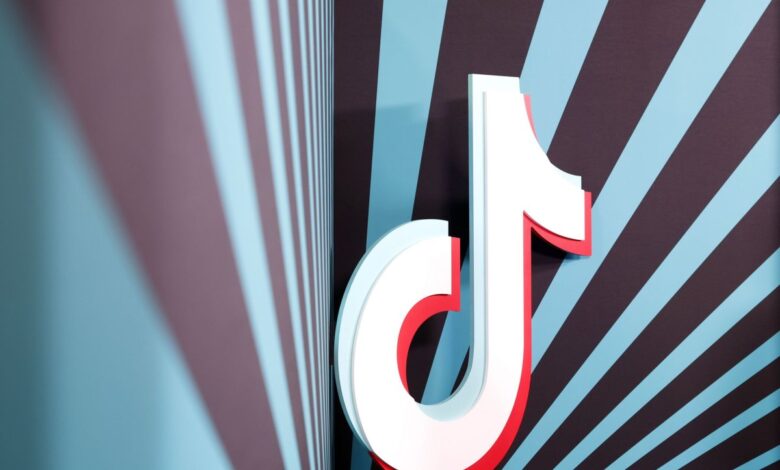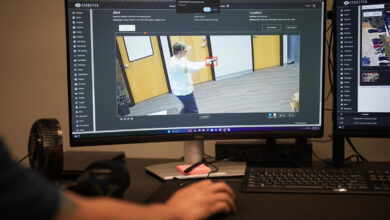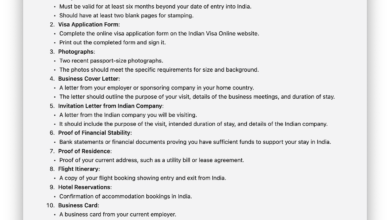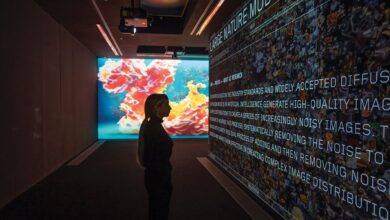TikTok to automatically label AI content made outside the platform

TikTok said that beginning Thursday it will automatically label AI-generated content that is made by outside sources and uploaded to its platform. File Photo by John Angelillo/UPI
May 10 (UPI) — TikTok launched a program to automatically label content created with artificial intelligence that is generated outside of the platform.
In a statement Thursday, TikTok said it was expanding automatic labeling, already in place for content created with its own AI generation tools, to include content from other sources by partnering with the Coalition for Content Provenance and Authenticity, or C2PA.
Advertising
TikTok said it is “the first video sharing platform” to implement C2PA’s “Content Credentials” technology that attaches metadata to content which the platform can then use to identify and label AI-generated content.
It began utilizing the technology to identify images and videos uploaded to the platform on Thursday, with capability for audio-only content coming “soon.”
“AI enables incredible creative opportunities but can confuse or mislead viewers if they don’t know the content was AI-generate. Labeling helps make that context clear,” TikTok said.
TikTok said it has been deliberate in developing AI labels to not confuse users. The platform said it has also been working with experts to develop a media literacy campaign to help users identify and think critically about AI content and misinformation.
“To help our community navigate AIGC and misinformation online, we’re also launching new media literacy resources, which we developed with guidance from experts including MediaWise and WITNESS,” TikTok said in a statement.
TikTok joined 20 other tech companies earlier this year that committed to fighting AI-generated misinformation during the 2024 election cycle. TikTok joined the Content Authenticity Initiative along with Microsoft, Meta, Google and Amazon.
In April, Meta agreed to label more content that is manipulated or created by artificial intelligence after its own Oversight Board complained that initial rules were far too limiting.



